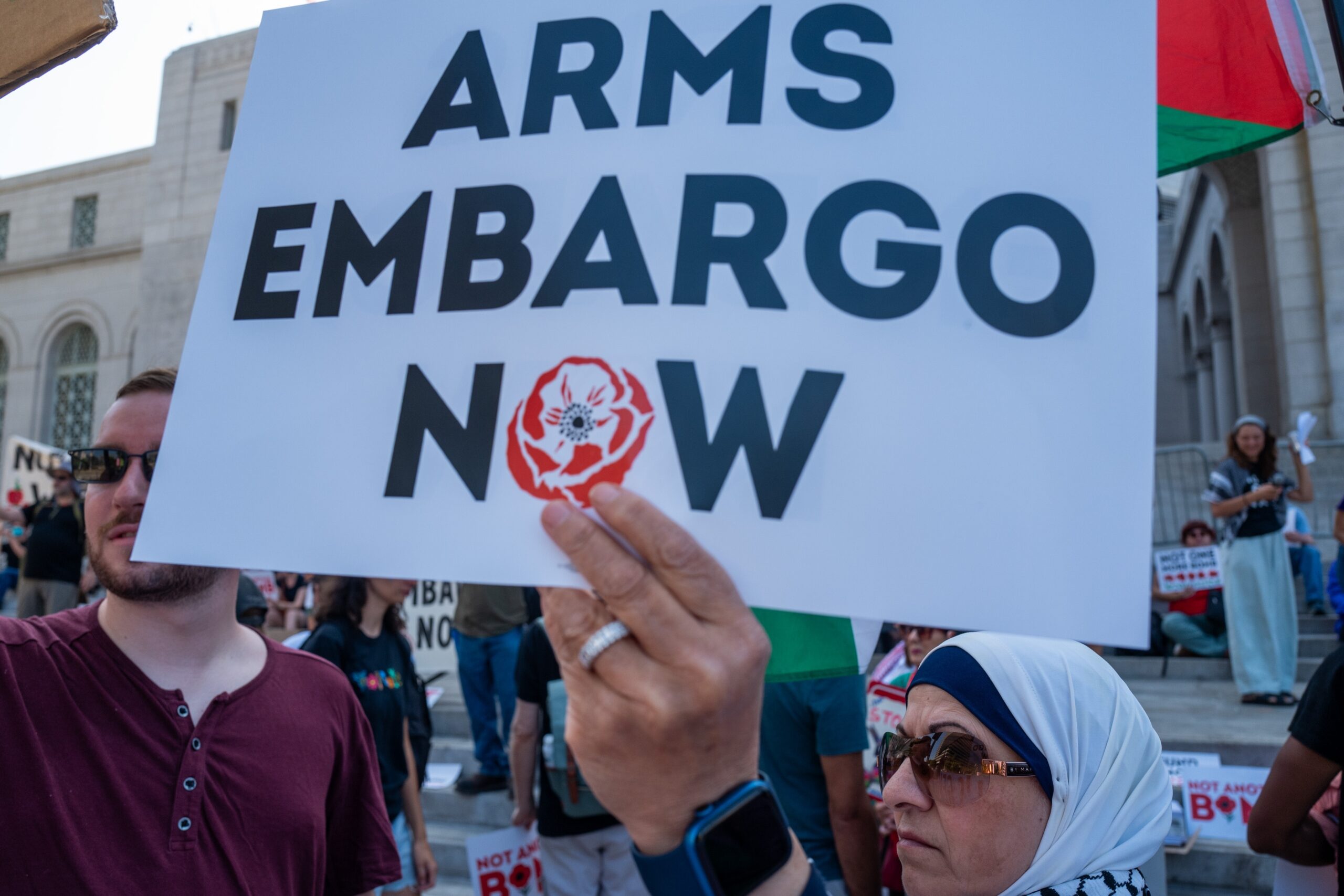On August 4, Axios revealed that more than a dozen House Democrats, led by Rep. Ro Khanna (D‑CA), formally urged the U.S. administration to recognize a Palestinian state in Judea and Samaria. The letter frames recognition as urgent amid the humanitarian catastrophe in Gaza, urging alignment with a two‑state framework that critics fear now dangerously rewards Hamas for its October 7 massacre of Israelis.
At least one of the signatories intends to introduce a companion resolution in Congress, signaling possible legislative follow‑through.
Meanwhile, France, the United Kingdom, and Canada have signaled plans to formally recognize a Palestinian state at the U.N. General Assembly in September. Israeli officials blasted these moves as reckless, accusing them of undercutting hostage‑release negotiations, destabilizing any potential ceasefire, and serving as a symbolic reward for violence.
In a direct expression of approval, Hamas officials framed the recognition initiative as “one of the fruits of October 7”, praising the actions of France, the UK, and Canada as vindication of their violent assault. Ghazi Hamad, a senior Hamas member, declared their weapons to be “a symbol of Palestinian dignity”—a chilling testament to Hamas’s reading of these diplomatic gestures. Israeli Foreign Minister Gideon Sa’ar responded sharply: “If this is who applauds you, what does it say about you?”
I asked citizens in a packed town hall in my district how they felt about my leading the call for the United States to officially recognize a Palestinian state. Watch their response. pic.twitter.com/VjirdrjK5J
— Rep. Ro Khanna (@RepRoKhanna) August 3, 2025
Once firmly rooted as staunch supporters of Israel, many Democrats have shifted dramatically in tone and policy:
- In a watershed Senate vote in July, a majority of Senate Democrats broke with tradition and voted to block U.S. weapons sales to Israel for the first time—even while symbolic measures failed—underscoring growing concern over Gaza’s humanitarian calamity.
- Polling shows Democratic voter sympathy for Israel has collapsed, with only 8–12% expressing pro‑Israel sentiment in 2025, down sharply from just a few years earlier. Meanwhile, sympathy toward Palestinians among Democratic voters has surged to 60%.
- Congressional Democrats increasingly support conditioning military aid and have promoted legislative efforts demanding accountability for Israel’s conduct in Gaza, including a resolution proposed by Senator Bernie Sanders.
- Prominent progressives—including Reps. Jamaal Bowman and Rashida Tlaib have taken positions that sharply diverge from traditional pro‑Israel norms. Bowman notably voted against resolutions affirming Israel’s characterization as “not a racist or apartheid state,” and Tlaib openly backs BDS and opposes aid to what she terms a “Netanyahu Israel”.
Pro‑Palestinian activists have even targeted senior Democratic lawmakers—including Senate Majority Leader Chuck Schumer—in protests demanding a ceasefire and humanitarian aid access, signaling internal rifts within the party’s pro‑Israel wing.

Some Jewish Democrats have spoken out, questioning whether the party is abandoning longstanding support for Israel and Jewish values.
Why the Pro‑Israel Community Should Be Alarmed
- Recognition now is viewed by Hamas as a political victory, a symbolic reward for terror, and a signal that violence can yield diplomatic gains.
- House Democrats’ letter, even though non‑binding, aligns U.S. policy in rhetoric with European countries acting unilaterally—potentially undermining negotiating leverage and strengthening Hamas’s propaganda.
- This shift reflects an ideological realignment: younger, progressive Democrats are increasingly hostile toward Israel, challenging bipartisan consensus and potentially reshaping U.S. foreign policy toward less unconditional support.
- Security concerns: Recognizing a state in Judea and Samaria under current conditions—with Hamas still active and unreformed political structures—raises the specter of a new terror safe haven next to Israel.
What began as a letter from a modest group of House Democrats now dovetails with international recognition plans embraced by Western allies. But rather than fostering peace, critics warn it plays into Hamas’s narrative, rewarding their October 7 atrocity.
For a pro‑Israel audience, this isn’t abstract geopolitics—it’s a geopolitical threat. Recognizing a Palestinian state under current circumstances is not reconciliation; it is enabling terror. With Democratic leaders increasingly distancing their party from Israel, renewed vigilance is imperative.




